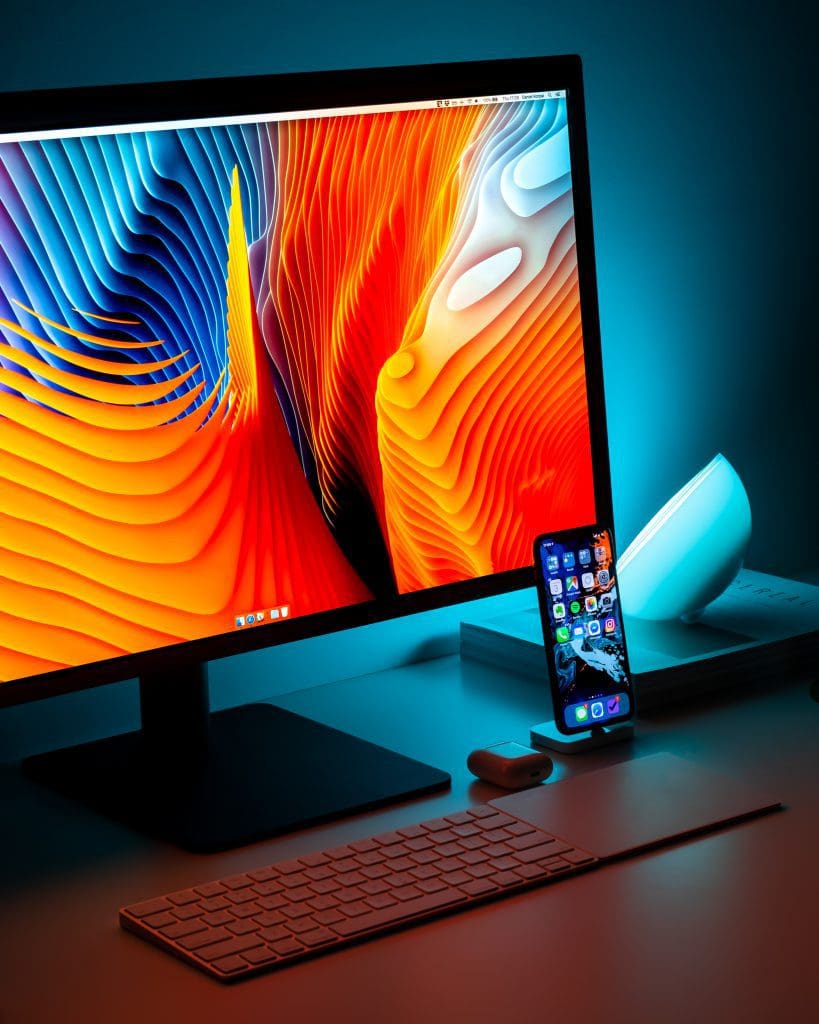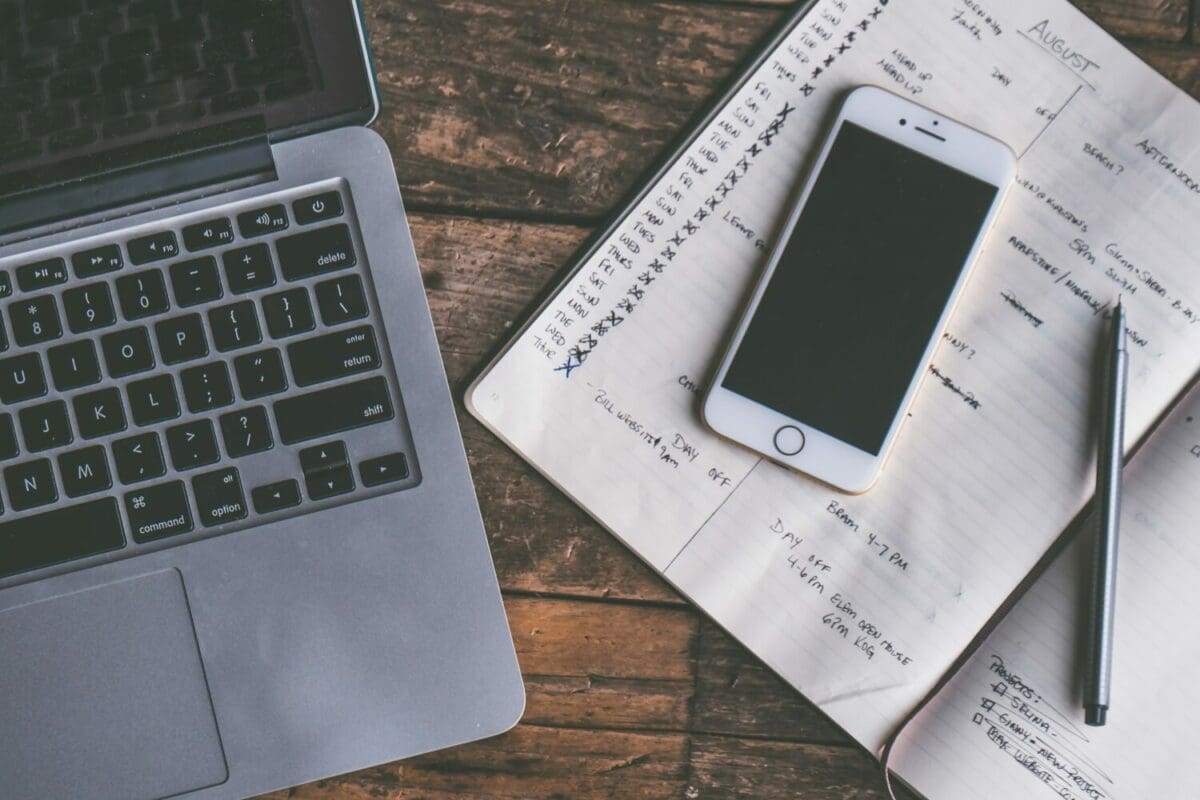
Finding an Escape
March 20, 2020 in LINKS

When things in real life feel overwhelming, one of the first things that we likely want to do is find an escape. It could be as idealistic as taking a vacation or as simple as going for a walk. However, activities to help us get out of our heads can be easier said than done, especially if depressive episodes or anxiety attacks make even the seemingly easiest of tasks feel impossible.
When it feels like all you can do is go on your phone and mindlessly scroll as a coping mechanism, you can still get an escape so you don’t slip into going onto websites and social media platforms that can continue to overwhelm and stress you out. If you’ve ever played a game Animal Crossing or The Sims, you may already know how games where you build communities and improve an avatar’s life can help you get out of your own head for a little bit and focus on a virtual character’s.
Apps like Oasis and Adorable Home help provide a similar kind of escape and refuge. While Oasis is based in nature and Adorable Home is more domestic, they both share an idealistic, calming escape where you can spend a good amount of time growing a space and making it beautiful with little to no stress attached.
Oasis helps you build, unsurprisingly, an oasis where you can collect animals (and accessories for the animals!) and complete small, stress-free activities to help your oasis thrive. These activities are as easy as repeating three-note songs and continuously tapping the screen to gain hearts. It’s purposefully designed as an anxiety relief activity; for example, there’s constant light, soft music playing in the background. Adorable Home, on the other hand, helps you build a home with your partner, and in order to do so, has you collecting cats and completing quick activities with them to gain points.
Both are free and are Android and Apple friendly, though both come with ads that may briefly take you out of that relaxing state.
Do you play any similar games? What other kinds of games do you play to help you cope with stress or take you out of real life for a little bit? How do they make you feel?
































Recent Comments